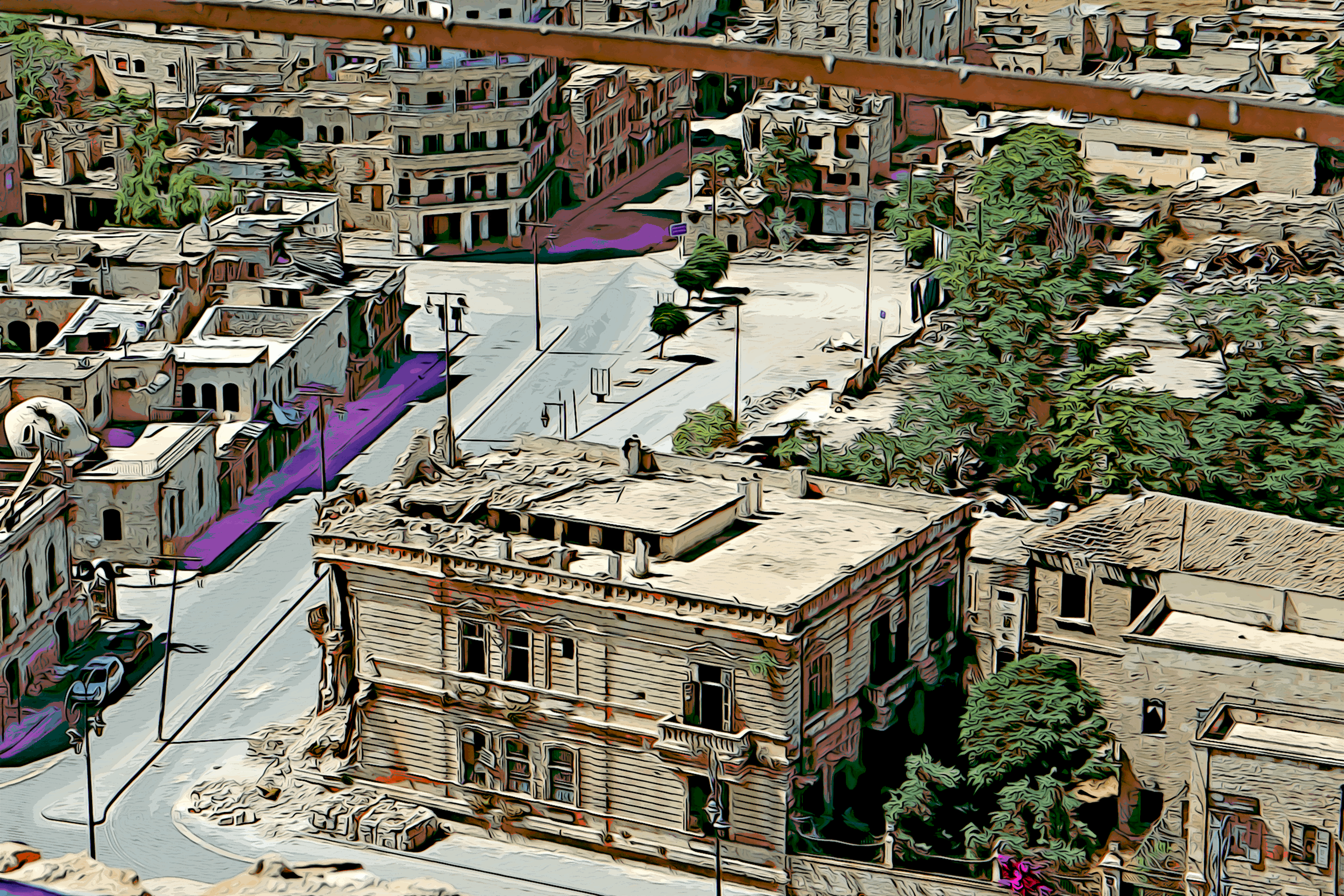As conflict rages on in Syria and Yemen, civilians are trapped in the middle. Images of civilians suffering from the hellish consequences of war may be heartbreaking, but with disinformation at an all time high, how can one separate fact from fiction? And how can those who committed war crimes one day be held responsible?
A social enterprise that has been trying to save lives in the Syrian civil war is now turning to blockchain technology to do just that.
Hala Systems — a Chicago company that develops advanced technologies to protect civilians from misinformation — says it has leveraged Hedera Hashgraph’s Hedera Consensus Service (HCS) as an immutable chain of custody for digital media produced by civilians and journalists during the war. Each event recorded on the HCS is signed by the issuing camera’s unique assigned keys and receives a consensus timestamp by the Hedera network.
Hala’s “Sentry” system — a crowd-sourced effort of airplane watchers and amateur radio operators who distribute early warnings to civilians about incoming airstrikes — will also record data on airstrikes to the blockchain.
The hope is that should the conflict come to a close, and international bodies convene to try to bring those responsible for the worst atrocities to justice, this immutable evidence on the blockchain can be used as a part of war crimes prosecution.
“Hedera’s distributed ledger provides Hala Systems with reliable data provenance, in which the public can view digital media and be confident about its authenticity. The impact this will have on our management of humanitarian crises globally will be profound,” John Jaeger, CEO of Hala Systems, said in a statement. “Hala Sentry empowers civilians to record immutable data from their smartphones, warning others of potential dangers, accurately documenting events as they happen, and providing global stakeholders with credible records upon which to base decisions.”
According to data provided by Hala Systems, the early warnings from its Sentry platform correlated with a 10-30% mean reduction in net casualty rates due to airstrikes, with 250,000 people benefiting from reduced traumatic anxiety. Hala says its system issues an average of 140 early warnings per day, offering citizens approximately 7 to 10 minutes of warning in advance of crises.
“Hala Systems is on a noble mission to protect civilians worldwide. Together with the company’s other partners, including the United Nations, U.K. Foreign Commonwealth and Development Office, the U.S. State Department, and other foreign ministries, we look forward to being part of this conflict management solution,” Mance Harmon, CEO and co-founder of Hedera Hashgraph, said in a statement. “We are humbled that Hala Systems is leveraging the HCS to provide an additional layer of trust and transparency for conflict management and prevention.”
Hala has been exploring use of the blockchain as a mechanism to preserve evidence for some time. Initially, it explored Ethereum, but congestion on the platform thanks to this year’s surge in DeFi activity meant the team had to look elsewhere. As Hedera Hashgraph is focused on developing a trust layer for enterprise infrastructure rather than the trading of tokens, it doesn’t have the same problems.




